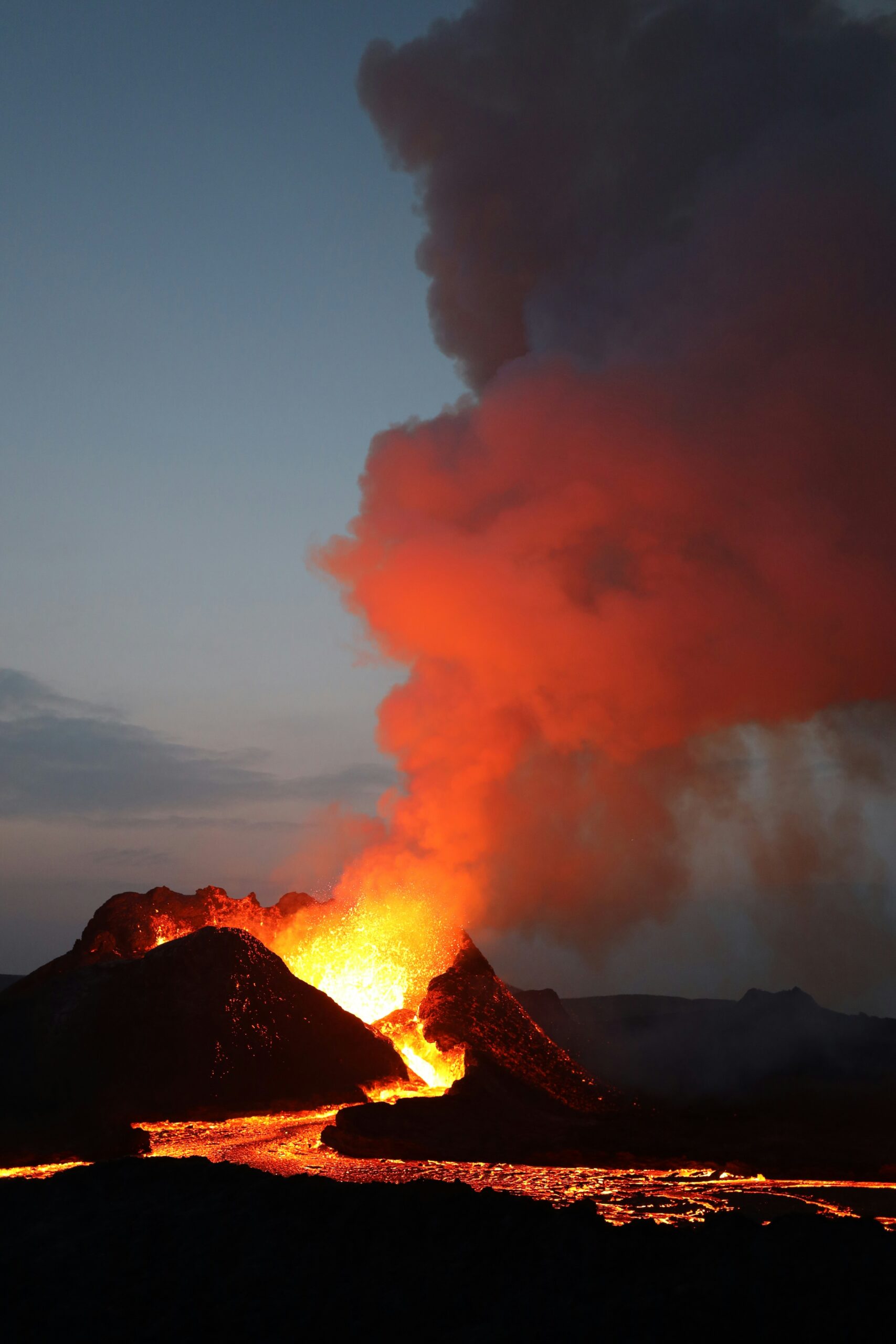Volcano Erupts for the 4th Time in 3 Months in Iceland
In a series of unexpected events, a volcano on Iceland’s Reykjanes Peninsula erupted for the fourth time in just three months. The eruption, which occurred today, has led to a state of emergency being declared in the area.
Unpredictable Nature of Volcanic Activity
Volcanic eruptions are natural phenomena that have fascinated scientists and the general public for centuries. However, the recent activity in Iceland has raised concerns due to its frequency and intensity. The unpredictability of volcanic eruptions makes them both awe-inspiring and potentially dangerous.
The eruption on the Reykjanes Peninsula is a stark reminder of the power and volatility of nature. Despite advances in technology and our understanding of volcanic activity, predicting when and where a volcano will erupt remains a challenging task. This latest eruption serves as a reminder that we still have much to learn about these geological events.
Impact of the Eruption
Following the explosion, the volcano began spewing lava, creating a mesmerizing yet hazardous spectacle. The molten rock flows down the sides of the volcano, engulfing everything in its path. The local authorities have taken immediate action to ensure the safety of nearby communities.
The eruption has prompted the declaration of a state of emergency in the affected area. This allows the government to allocate resources and coordinate efforts to mitigate the impact of the eruption. Evacuation plans have been put in place, and residents are being relocated to safer areas away from the lava flow.
Aside from the immediate threat to human lives, the eruption also poses risks to the environment and infrastructure. The lava flow can cause damage to roads, buildings, and other structures in its path. Additionally, volcanic ash and gases released during the eruption can have far-reaching effects on air quality and climate.
Response and Preparedness
Iceland, being a country located in a geologically active region, has a well-established system in place to deal with volcanic eruptions. The authorities are closely monitoring the situation and providing regular updates to the public. Scientists and experts are studying the eruption to gather valuable data that can contribute to our understanding of volcanic activity.
Preparedness is key when it comes to dealing with natural disasters like volcanic eruptions. Iceland has invested in early warning systems and emergency response protocols to ensure the safety of its residents. These measures include regular drills, communication channels, and evacuation plans that are continuously updated based on new scientific findings.
Despite the challenges posed by volcanic eruptions, it is important to remember that they are also a source of natural beauty and wonder. Iceland’s unique landscape, shaped by volcanic activity, attracts tourists from around the world. The eruption on the Reykjanes Peninsula serves as a reminder of the dynamic forces that have shaped our planet over millions of years.
Conclusion
The recent volcanic eruption in Iceland is a testament to the unpredictable nature of our planet. While it may cause disruptions and pose risks, it also serves as a reminder of the awe-inspiring power of nature. As we continue to study and understand volcanic activity, we can better prepare for and mitigate the impact of such events in the future.

